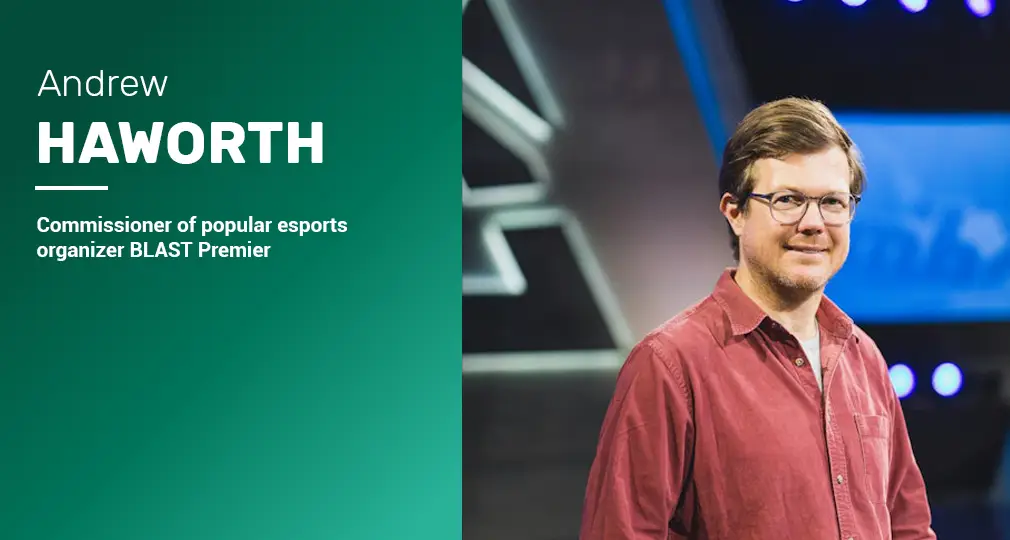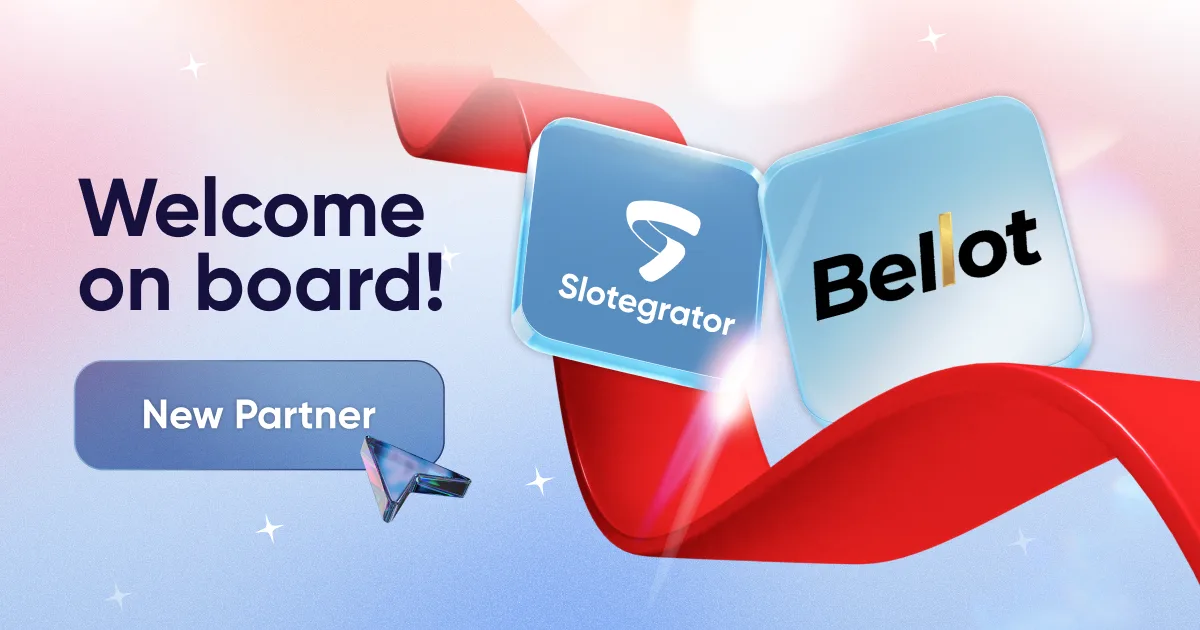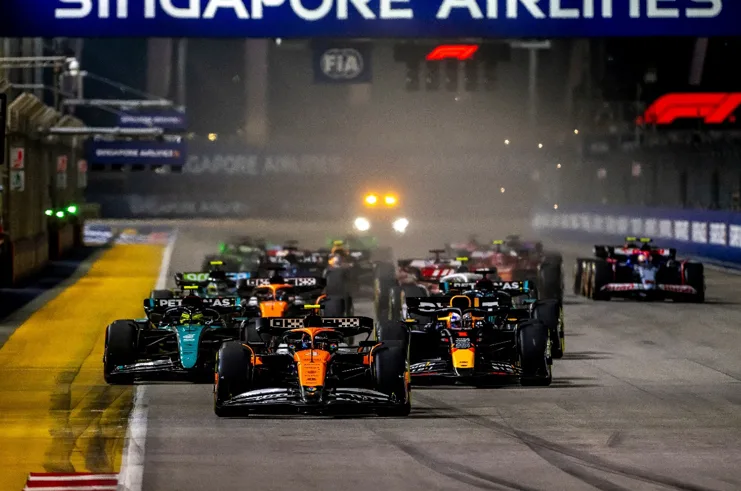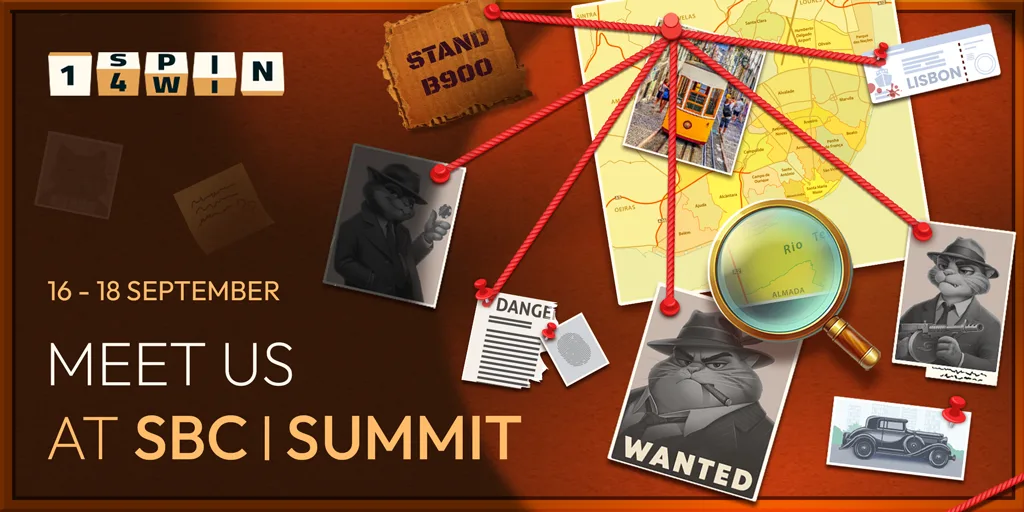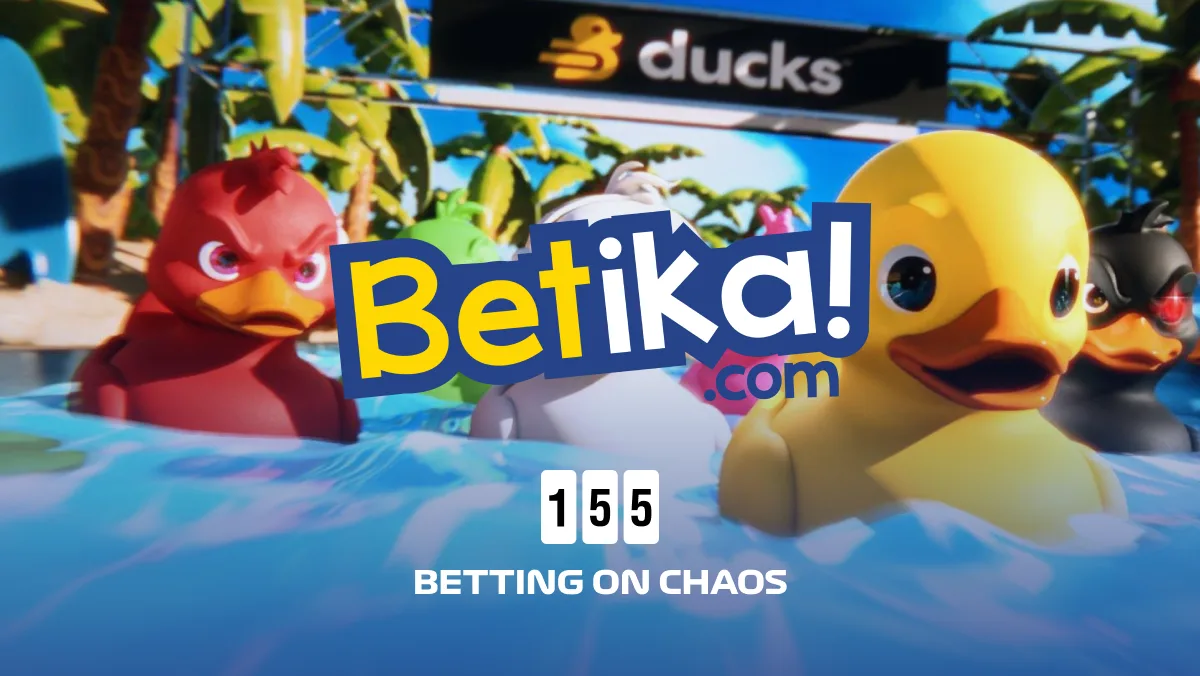Even though the esports news informed about the development of the industry during the first lockdowns in spring 2020, the sector still had plenty of obstacles to overcome during the pandemic. The Commissioner of popular esports organizer BLAST Premier, Andrew Haworth, agreed to talk with the LoginCasino team about the industry’s problems in 2020, the future of LAN events, and the sector’s perspectives after returning to normal life.
How seriously did COVID-19 influence the BLAST organization’s plans in terms of the number and schedule of the tournaments in 2020? Could there have been any more events if everything hadn’t gone so bad due to pandemics and lockdown?
There’s no doubt that COVID-19 had a huge impact on our output and the landscape of our events calendar for 2020. We went from initially looking to host seven physical events to moving the majority of these online – we were only able to host one LAN event in London at the start of the year. Nothing replicates the feeling of entertaining a live audience, but like the rest of the world, we’ve had to adapt over the last 12 months. We put a huge emphasis on bringing that intimate arena feeling to our broadcasts despite the online-only remote format. We’ve taken the enjoyment out of the challenge faced in pivoting purely online, and strongly believe our future LAN events will only benefit from the flexibility and technological advancements we’ve made during the pandemic.
Being one of the most progressive organizers, one can assume that BLAST spends a lot on bringing teams to the LAN. At the same time, tickets and related promotion campaigns allow earning when fans and teams gather in one place. In this regard, what are the approximate losses for tournament organizers if the event is going online only?
The sport and entertainment industry has taken a huge hit with the loss of live event revenue due to COVID-19 – from merchandise and ticket sales to local sponsorships – these are just a few examples of areas of core esports businesses that have been unable to continue to generate revenue due to the pandemic. Luckily for esports, we’ve enjoyed growth in other areas such as viewership, what is crucial for the industry over the next 24 months, as we look to eventually come out of the pandemic, is to translate this added interest and engagement into tangible revenue and investment. But there is no doubt it is an exciting time to be in the esports industry.
When do you expect the situation with the coronavirus pandemic to allow esports organizers to return to LAN format? Are there any plans to create a bubble (like LoL did in Shanghai) to return equal conditions for participants at least?
We wish we had a date we could circle in the calendar to tell us when things will get back to normal, but unfortunately, the current situation is ever-changing and developing. But what we can and are doing is making sure that when the day does come, we’re in a position to host the best Counter-Strike events possible while ensuring the safety of fans, players, and all those in attendance is guaranteed. In the meantime, we’ve considered many ideas and grand plans when trying to create the closest thing possible to a LAN event within the ever-changing travel restrictions and government guidelines, our most recent tournaments were hosted from a studio in Copenhagen where all our talent were on set, and that really helped bring a sense of normality to our broadcasts and production.
Recently, BLAST has been positioning itself as the world-class organizer of CS:GO, Dota, and Valorant events. Do you plan to expand the pool of games to organize, and what are the obstacles to realizing such an idea?
We’re constantly in talks and on the search for other games to diversify into and see how we can innovate and disrupt the scene with a positive impact in each game. DOTA 2 and VALORANT were two new ventures for us in 2020, and they showed we have a blueprint that can be replicated across a variety of games and events with equally successful results. In those particular games, we managed to couple our broadcasting techniques, fan-first innovations, and technology applied from our CS:GO tournaments with in-game features and storylines from these new games. With the Bounty Hunt Dota 2 tournament in June, we wanted to bring a new approach to the ecosystem, and with the introduction of our dynamic prize pool, fan predictions, player cams, and high quality of broadcast – we believe we brought something new and exciting to the table for the community.
Will BLAST continue the practice of holding cybersport events in diverse countries and cities across the world? Are there any chances that the world-class organizer will hold an event in Ukraine or Russia, for instance?
We take huge enjoyment from being able to take our events all over the world to adoring Counter-Strike fans and selling out arenas along the way. In the last two years alone, we’ve hosted events in incredible locations, including the likes of London, Copenhagen, Miami, Madrid, Los Angeles, Istanbul, São Paulo, Moscow, and Bahrain – and can’t wait to continue this journey when travel restrictions allow us to do so again safely. There’s a huge fanbase of passionate and ever-growing esports and CS:GO lovers in the CIS, and BLAST Premier enjoys some of its strongest viewership in this region. We have every intention of hosting more events in these countries in the future and hope to build on previous successful events in Moscow.
How do you see the future development of cybersport in general? Do optimistic forecasts mean that prize pools and a number of events will grow with years?
We’ve seen considerable growth in viewership and general interest in esports over the last 12 months – COVID-19 has helped propel the industry into the spotlight earlier than anticipated with traditional entertainment and sports facing a period of inactivity when the pandemic first arrived in early 2020. We experienced this increased viewership first hand in January 2021 when our Global Final match between NAVI and Team Vitality posted record numbers and became the most-watched online Counter-Strike match of all time. The key for the industry moving forward is using this increased interest and eyeballs as a platform to build a more sustainable ecosystem where organizations and events can thrive for years to come. There’s no doubt there is still some way to go, but we’re on the right track as an industry.
Read more: Betting Affiliate Programs






